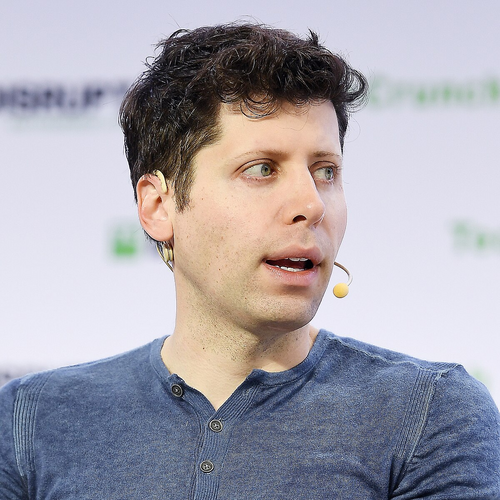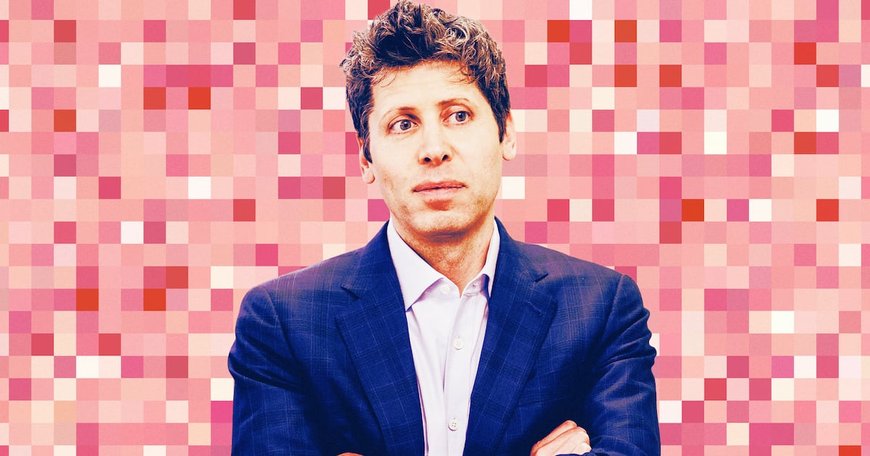
Sam Altman Speaks Out: Openai Chief Reflects On Chatgpt'S Adult Content Controversy

Sam Altman Owns Up to ChatGPT Controversy
Sam Altman, the CEO of OpenAI, recently took a candid step-back from his earlier comments about the potential for creating adult content using ChatGPT. At an event in Sydney, San Francisco, he admitted that his original statement, "You can make pornography with ChatGPT," was a significant misstep. Altman confessed, "It was one of the most foolish mistakes of the year," clarifying that the intent was never to express such a policy change in that manner.
Altman elaborated that the intent behind the policy shift was to afford adult users more personal freedom within the platform, although his example was poorly chosen. The original tweet, which caused a wave of backlash, has since been retracted. "The intention was to give adult users greater personal freedom, but the example choice was the worst," Altman remarked with a smile, acknowledging the fallout from his comment.

A New Approach to Adult Content
This incident unfolded shortly after OpenAI loosened some of its ChatGPT content restrictions, specifically for verified adult users. Altman had framed this as a move toward greater user autonomy. However, public discourse quickly spiraled, especially with phrases like "permission to produce pornography" catching fire on social media and drawing harsh criticism. Compounding the controversy, California Governor Gavin Newsom had vetoed a proposed AI regulation bill aimed at safeguarding minors the day before the announcement.
“We plan to allow wider content such as Erotica to users who have undergone adult certification in accordance with the principle of 'Let's treat adults as adults.'”
The tech industry has seen adult content drive the growth of emerging technologies before, from the days of VCRs to digital videos and beyond. Altman hinted at the possibility of similar influence within AI, as startups explore generative AI to craft customized adult experiences. Among larger enterprises, Elon Musk's "Grock" has been particularly notable, stirring debate with its chatbot designed for "adult role plays." Meta also faced backlash after reports of chatbots engaging in sexual dialogues with younger users surfaced.
The Industry's Future in Question
The question now is whether this pivot in OpenAI's content policy will chart a new course for AI technologies, echoing past trends in tech evolution influenced by adult content. While Altman's intentions might have been to promote responsible freedom, the statement inadvertently highlighted ongoing tensions in managing AI's capabilities responsibly.
As the dialogue continues, industry observers and users alike are watching to see how OpenAI and its peers navigate these complex waters, balancing innovative potential with ethical considerations.















